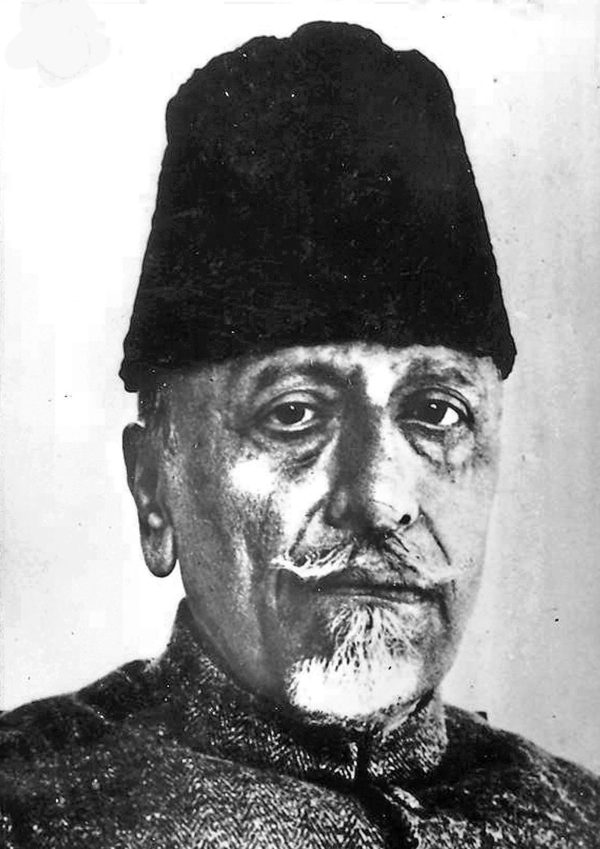
Born in Makkah to an Indian father and Arab mother. Free India’s first Education Minister
A great legacy bequeathed to the Indian Muslaman is the selfless sacrifices made by their scholars, politicians and common-people for the preservation of the Ottoman Caliphate and the territorial integrity of the Turkish nation. This was at a time when European powers had gained military and economic ascendancy over Turkey who they had weakened following a series of intrigues on the backs of unstinted financial backing of the Zionist bankers.
One such hero of the Indian Muslims was Abul Kalam Azad. He was a reputed scholar, an Alim, and a prolific writer. Due to his superb penmanship, he was involved in many Urdu newspapers. The most popular was Al-Hilal, which he himself brought out from Calcutta.
Azad’s support for the Turkish cause is best summed up by Gail Minault, in her famous book, The Khilafat Movement. She writes, on page 43,
…the greatest amount of space in al-Hilal was devoted to coverage of news from Turkey. During the Balkan wars, Azad extolled the virtues of various Turkish leaders, made constant appeals for the Turkish Relief and Red Crescent funds and wrote a regular feature column “Conditions in the Ottoman Empire”. In one issue Azad said unequivocally, “We must always remember that the Ottoman caliph is the guardian of the holy places of Islam, and that support for Turkey is the same as support for Islam”.
His paper al-Hilal was shut down by the British colonial authorities in November 1914, due to Azad’s pro-Turkish writings on World War I. A year later, Azad started al-Balagh, but that, too, was shut down in March 1916. Immediately after, he was jailed where he stayed until January 1920.

Leave A Comment